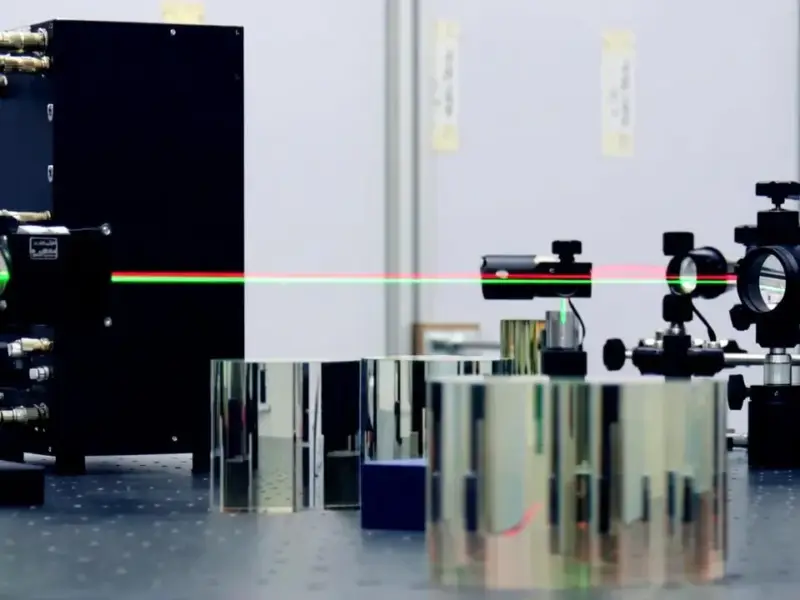Intel’s Panther Lake chips promise big leaps, but we need real tests
Intel has officially launched its Core Ultra Series 3 laptop processors, codenamed Panther Lake, at CES 2026. The company claims massive performance and efficiency gains, with laptops expected to hit shelves by January 27.









